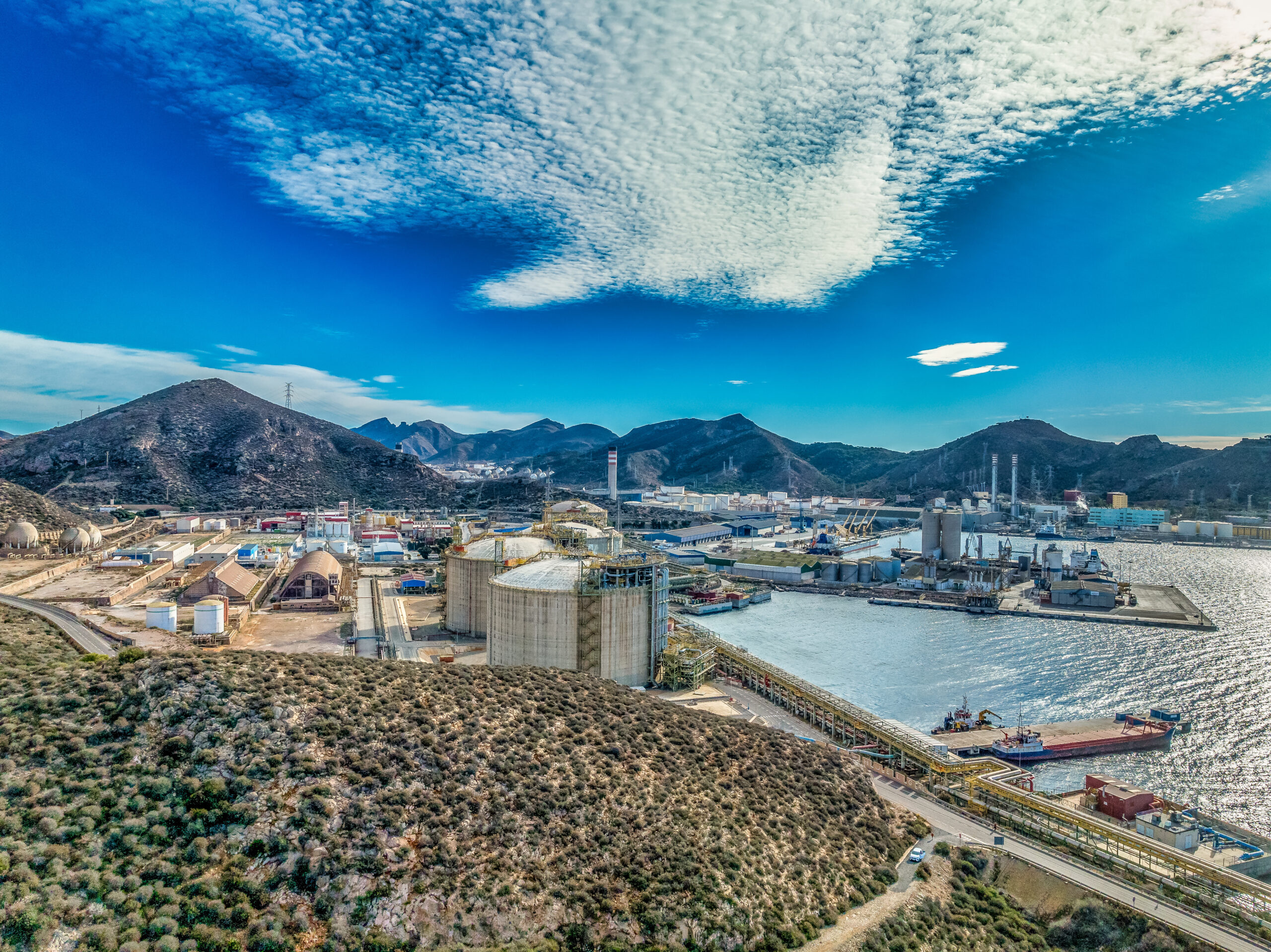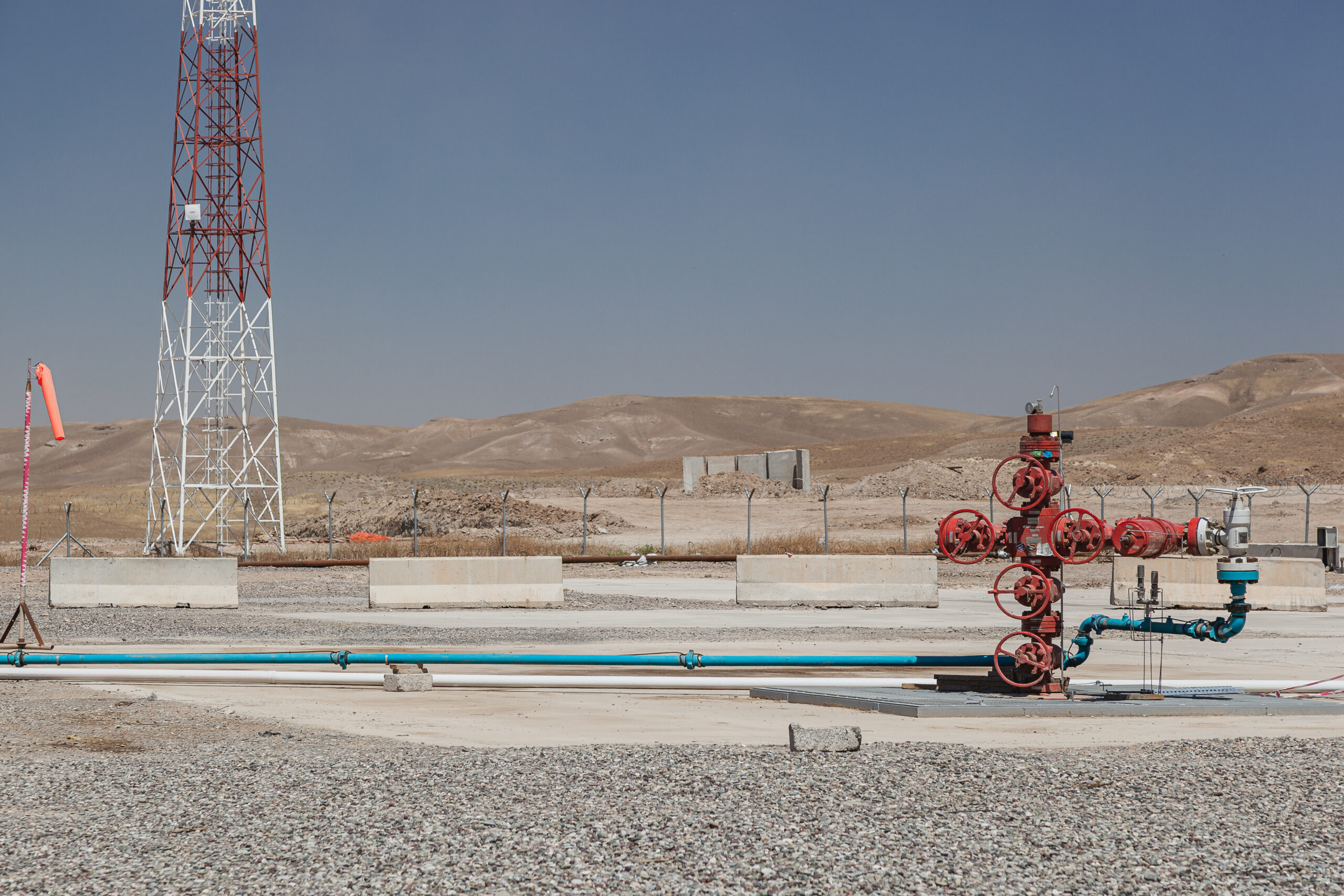Methane import taxes could influence global LNG market
A new report finds that EU levies on imported methane could help clean up gas operations, but may also lead to a two-tiered global LNG market.

Steeper taxes on imported LNG in Europe could eventually lead to a “bifurcated” global LNG market, according to a new report.
The maritime sector was added into the European Union’s emissions trading system (ETS) at the start of 2024, meaning that LNG imports are subject to a shipping carbon tax. But more onerous charges on methane imported into Europe could be in the works.
Europe is stepping up monitoring of methane emissions from gas producers around the world and may include LNG in the forthcoming Carbon Border Adjustment Mechanism (CBAM), scheduled to take effect in 2026. That would impose a charge on imported LNG cargoes, with stiffer penalties for dirtier sources of gas.
If and when LNG is included in the CBAM, domestic gas prices in Europe would increase as a result. The hope would be that the policy would accelerate the energy transition in Europe while also pressuring gas producers abroad to clean up their operations.
For instance, a major source of EU LNG imports come from the U.S., where gas production is much dirtier than other parts of the world due to a higher percentage of methane leaks.
But the EU methane levy would not be enough on its own to force dramatic change. The WoodMac analysis found much more significant progress in slashing methane emissions across the global gas industry if methane import duties were also implemented in Japan and Korea.
At the same time, even if that were to occur, taxes on imports into Europe and select Asian markets would likely lead to a two-tiered market for LNG, WoodMac said. Trade flows would end up rearranging —emerging market buyers, particularly in southeast Asia, would likely not follow suit, and dirtier sources of LNG may target those markets.
“Such a move will push up European gas prices, bifurcating the global LNG market and creating a European premium, as prices in markets without taxes will be lower,” Wood Mackenzie analysts wrote in a new research note.
Lower carbon producers would benefit from the taxes, allowing them to capture more market share in the premium European market. Meanwhile, the U.S. is slowly ratcheting up its own domestic methane regulations and fees on gas producers, which should nudge drillers as well.
The methane import tax may incentivise other LNG exporting countries to impose their own methane levies in order to retain revenue. The more the gas industry is subjected to such tax regimes, the more effective the decarbonisation push would be, WoodMac said. But prices need to be high enough. A CO2-equivalent tax of USD$100 per tonne “will not be sufficient,” the firm said. Such levels may push pre-FID LNG projects towards electrification of facilities, but a price closer to $200/tonne would be needed to influence existing and post-FID projects towards cleaning up their operations.
There are a lot of unknowns, but the consulting firm said the gas industry needs to pay attention.
“Though this scenario is many years down the line, LNG developers must recognise that the noose is tightening around LNG emissions,” WoodMac concluded. “All will be watching what Europe does next.”



